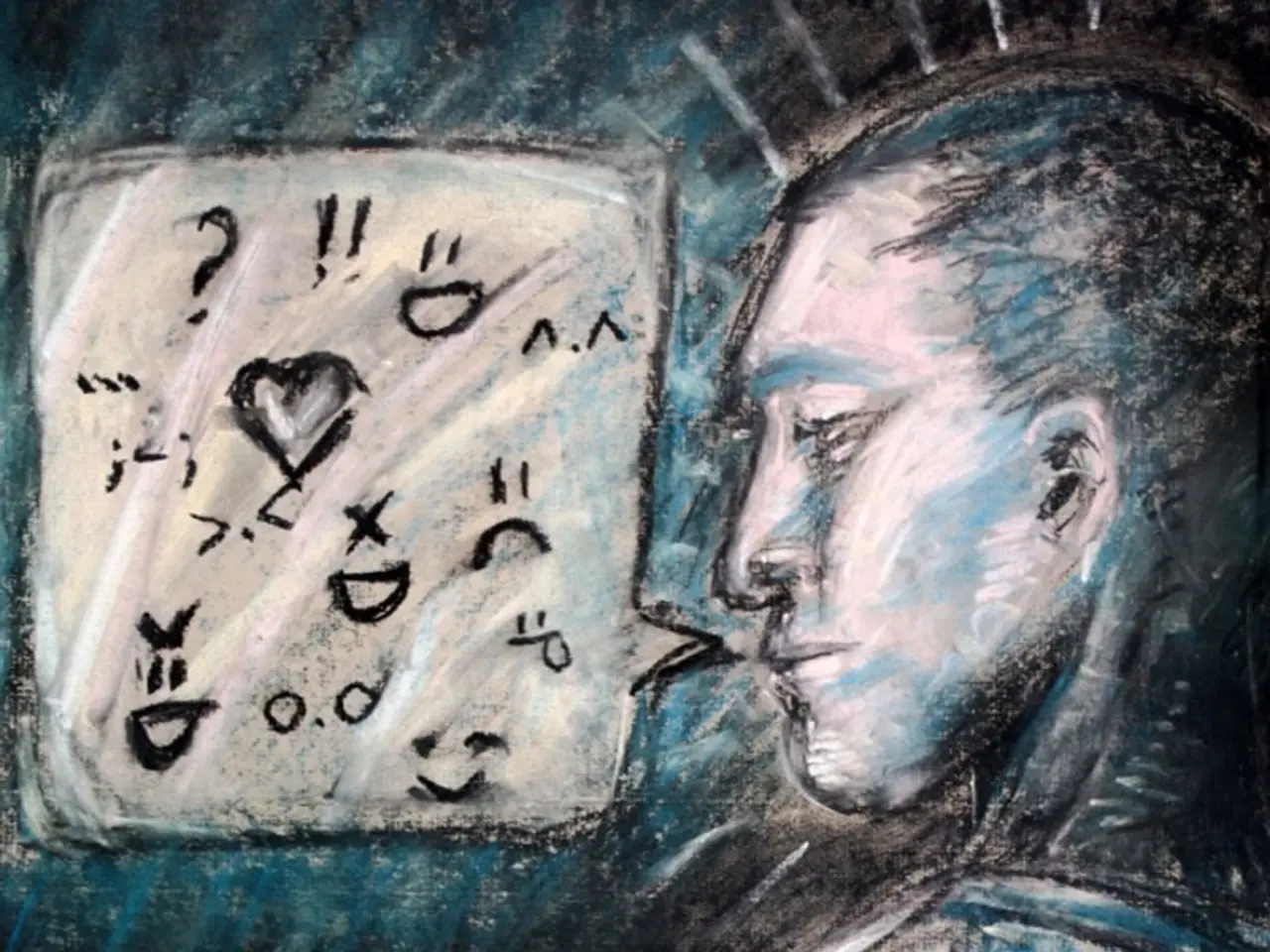AI service OpenAI introduces mental health safeguards for ChatGPT, acknowledging that the chatbot may inadvertently contribute to users' delusional beliefs.
OpenAI, the company behind the popular AI chatbot, ChatGPT, is taking significant steps to improve the platform's ability to detect and respond to signs of mental or emotional distress. The changes aim to ensure that ChatGPT can offer grounded, honest, and helpful responses in sensitive situations.
The redesign includes several key features. ChatGPT is being enhanced to better identify when users show signs of distress and respond suitably by pointing them towards professional help and support resources. For instance, when users express thoughts of self-harm or suicide, ChatGPT encourages contacting mental health or crisis hotlines rather than offering direct advice.
In personal challenging situations, such as relationship issues, ChatGPT helps users explore their thoughts and weigh pros and cons instead of giving direct answers. This approach is designed to empower users to think through their personal dilemmas while providing a supportive environment.
Another important aspect of the redesign is promoting healthy usage patterns. The system now provides gentle reminders to take breaks during extended sessions to prevent negative impacts from prolonged use.
OpenAI recognises that their approach to ChatGPT's design will continue to evolve as they learn from real-world use. The company is assembling an advisory group of mental health, youth development, and Human-Computer Interaction (HCI) experts to provide input for future updates.
It's crucial to understand the limitations of AI chatbots in addressing mental health issues. While chatbots can help with emotional management, real progress often occurs through personal connection and trust between a person and a trained psychologist. Therefore, OpenAI emphasises that users should seek help from trained professionals when needed.
These changes come amidst growing concerns about the psychological risks associated with AI. A recent incident involving an AI chatbot being blamed in a teen's death has underscored the need for AI developers to prioritise user safety. OpenAI acknowledges these concerns and is committed to continually refining ChatGPT's behaviour over time, informed by research, real-world use, and input from mental health experts.
ChatGPT is envisioned to be useful in various personal scenarios, such as preparing for work discussions or serving as a sounding board for personal dilemmas. The redesigned ChatGPT is expected to make these interactions even more beneficial by providing a more sensitive and supportive environment.
[1] OpenAI Blog Post: "Redesigning ChatGPT to Better Support Mental Health" [2] TechCrunch: "OpenAI redesigns ChatGPT to better address mental health concerns" [3] The Verge: "OpenAI redesigns ChatGPT to better support mental health"
- As part of the redesign, ChatGPT will integrate therapies-and-treatments related resources for health-and-wellness, specifically focusing on mental-health, to offer grounded and helpful responses in sensitive situations.
- The technology used by OpenAI in ChatGPT will also promote health-and-wellness by providing technology-driven solutions such as gentle reminders to take breaks during extended sessions, ensuring safe and responsible use.




